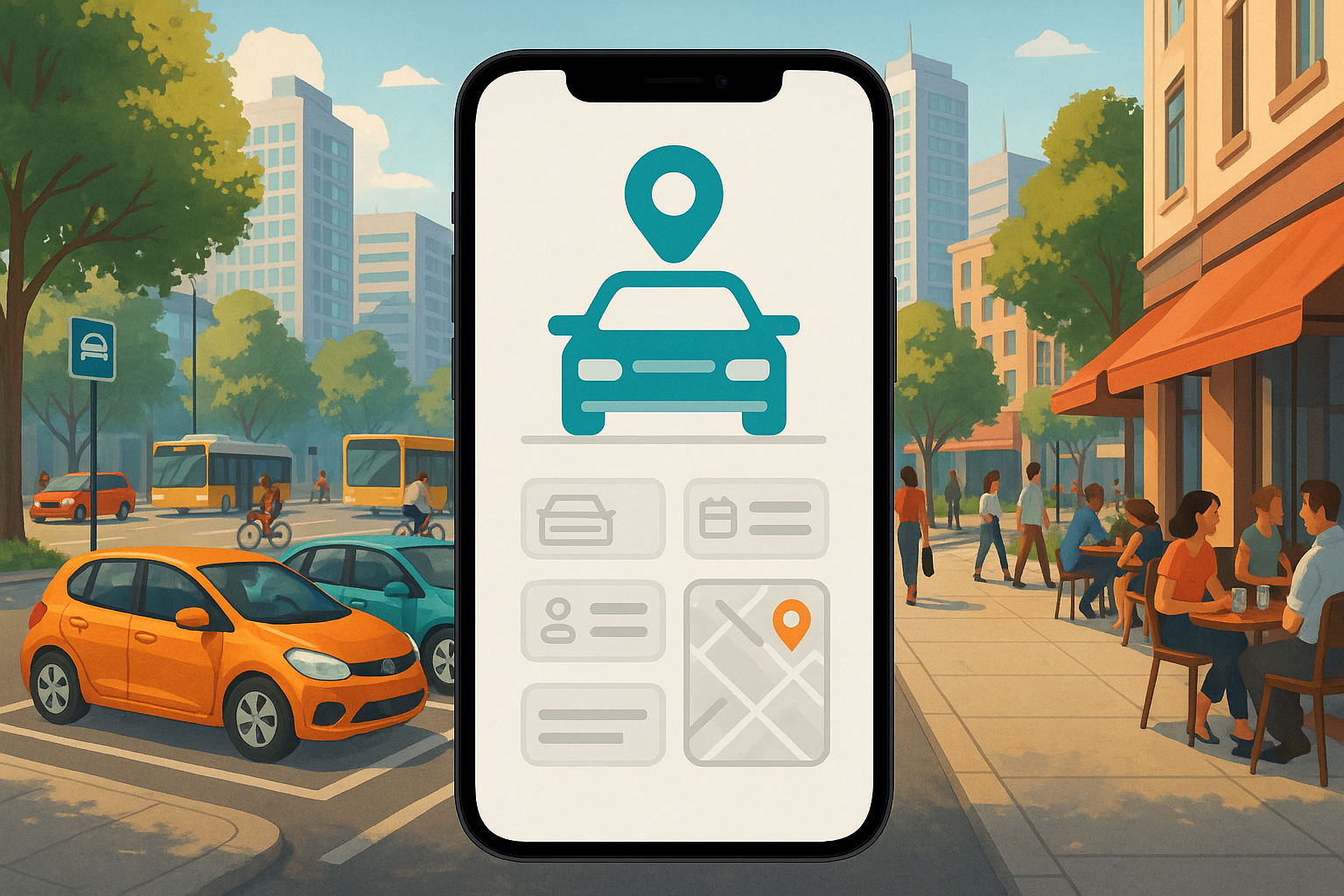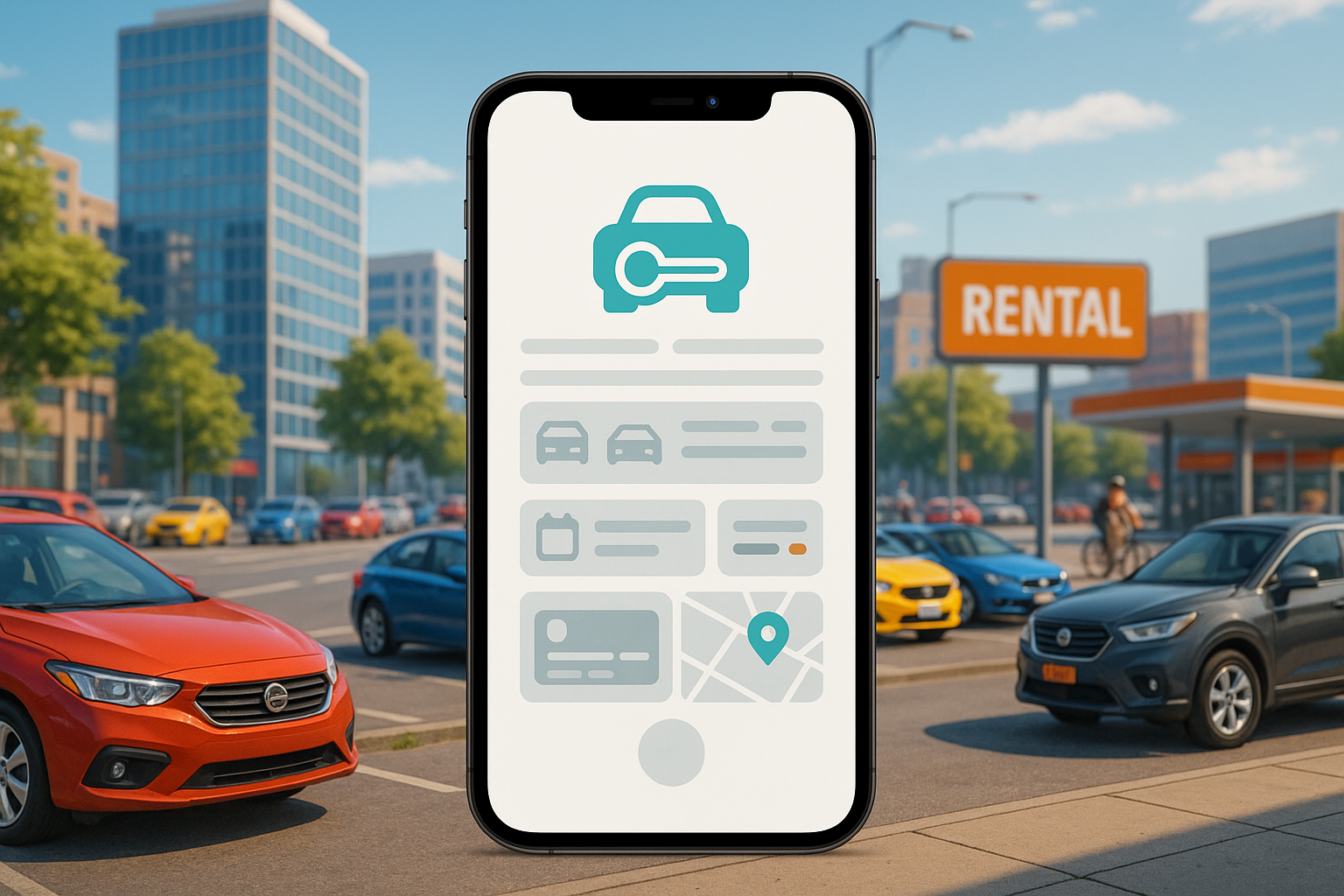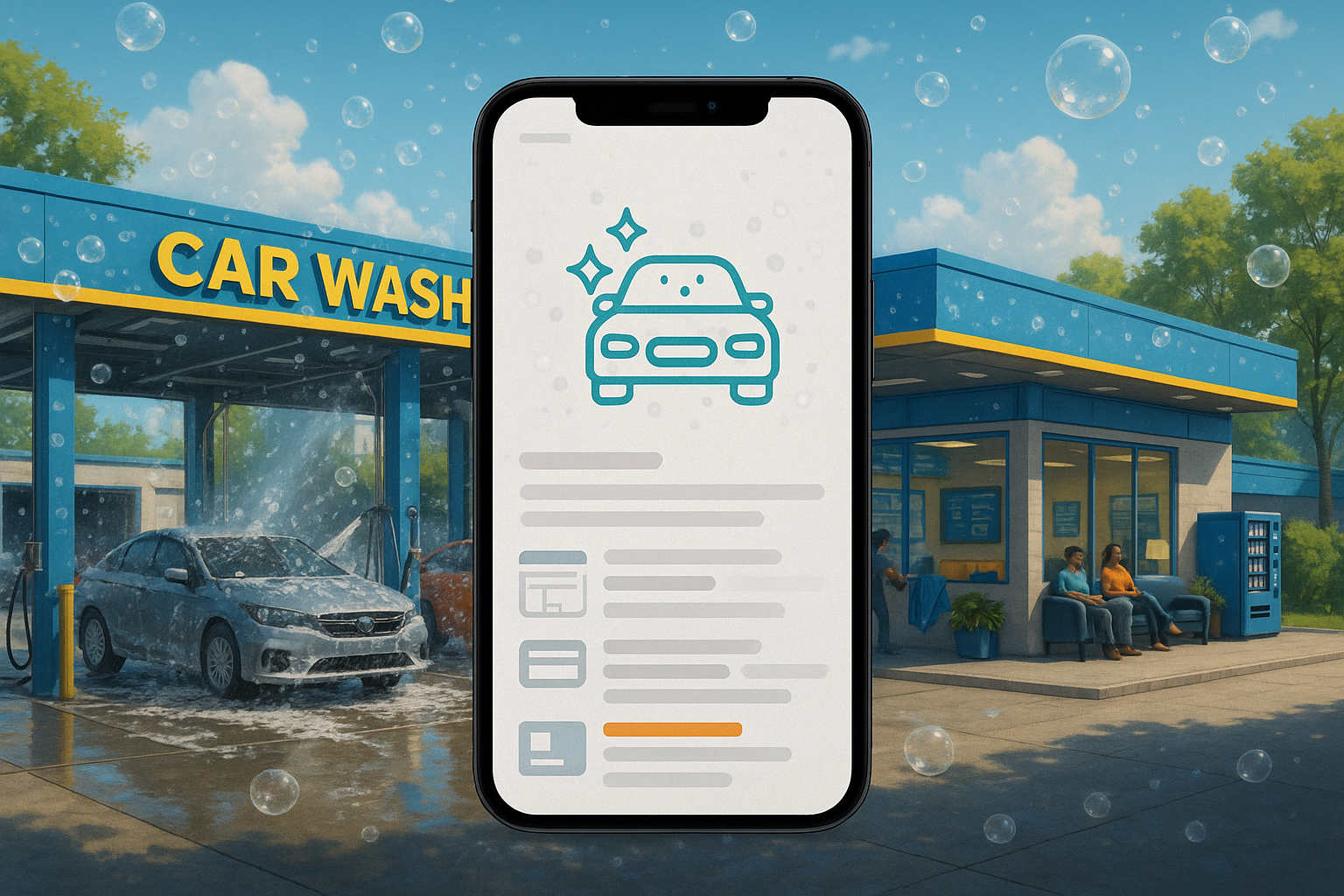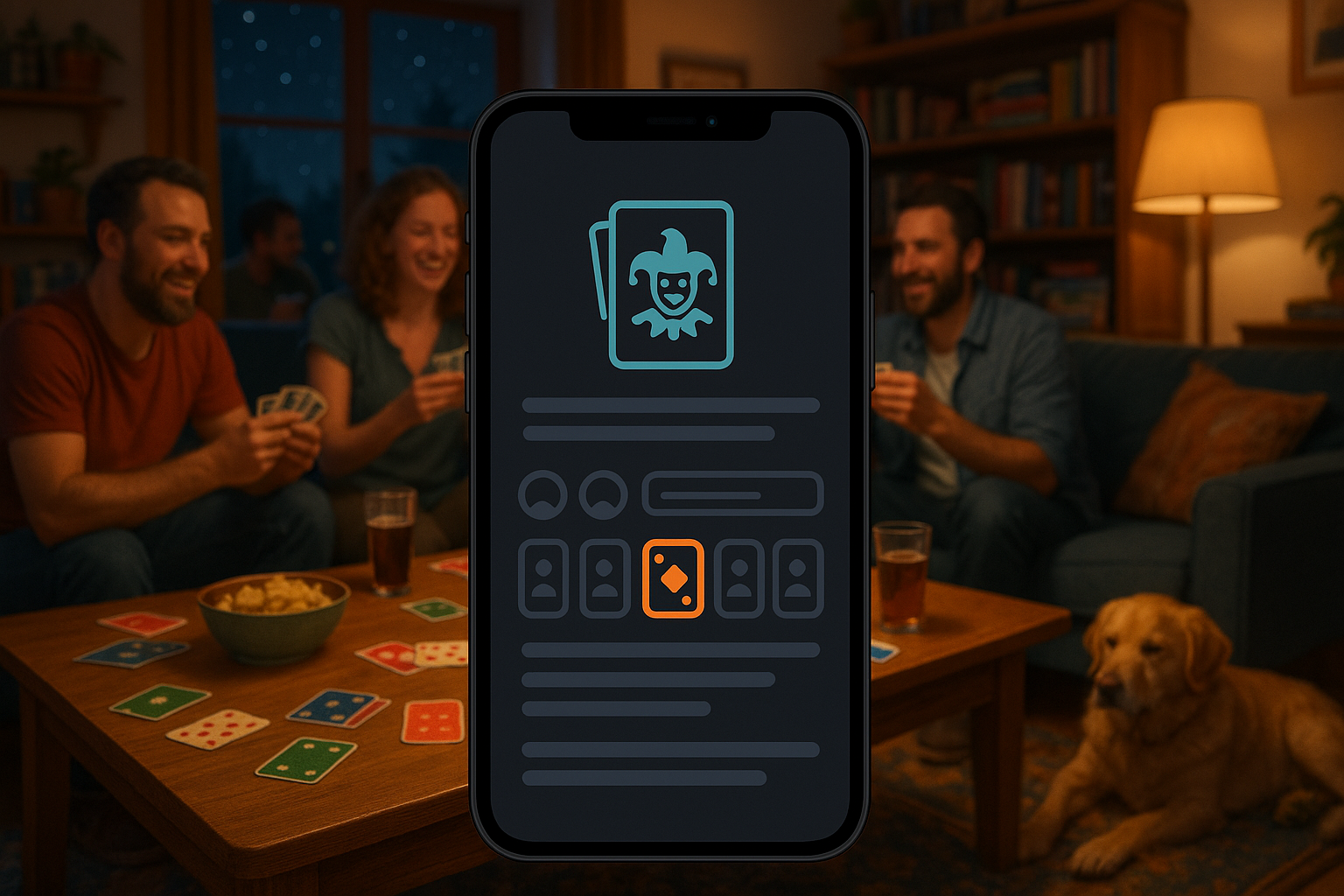The Road to a Successful Car Sharing App: Your Development Guide
The sharing economy has fundamentally reshaped how we access goods and services, and nowhere is this more evident than in transportation. Car sharing, once a niche concept for environmental activists, has exploded into a mainstream, technology-driven industry. The premise is simple yet powerful: provide individuals with access to vehicles for short-term use through a seamless mobile app, eliminating the burdens of ownership. This model not only offers unparalleled convenience and affordability but also helps reduce congestion, parking demand, and vehicle overproduction by maximizing the use of existing assets.
However, transforming this powerful idea into a successful, scalable, and profitable mobile application is a formidable challenge. The journey from concept to a fully functional car sharing platform is fraught with technical, logistical, and financial complexities. It involves much more than a simple booking interface; it requires a robust ecosystem that brings together vehicle owners, renters, and sophisticated logistics infrastructure like real-time tracking, smart locks, and automated billing.
This article serves as a comprehensive guide to car sharing app development. We will dissect the core components of a car sharing app, explore the significant challenges of in-house development, navigate the diverse business models shaping the industry, and provide a realistic estimate of development costs. We will also introduce you to leading development companies that can turn your vision into reality. As a top US-based, AI-powered app development firm with over 20 years of experience, we at MetaCTO have guided numerous companies from concept to launch and beyond. We understand the intricate dance of technology and business strategy required to succeed, and we’re here to show you the way.
What is a Car Sharing App?
At its core, a car sharing app facilitates a service model where individuals can rent vehicles for short periods, typically by the hour or day, without the long-term commitments and costs associated with ownership. It is a cornerstone of the modern sharing economy, enabling multiple users to access the same vehicle at different times, which dramatically improves asset utilization.
Unlike traditional car rental services that involve paperwork, queues, and fixed office hours, a car sharing app empowers users to find, book, and unlock a car instantly through their smartphone. The entire experience is designed for spontaneity, accessibility, and efficiency. This system relies on a complex, interconnected platform that manages several key stakeholders and processes:
- Vehicle Owners: These can be individuals renting out their personal cars (in a peer-to-peer model) or a company managing a dedicated fleet (in a B2C model).
- Renters: This diverse user base includes urban commuters, travelers needing a car for a day trip, or locals running errands.
- Logistics Infrastructure: This is the technological backbone of the service. It includes GPS for real-time vehicle tracking, geofencing to define operational zones, and IoT hardware like smart locks that allow for keyless entry via a mobile app.
- Platform Operators: The company that develops, manages, and monetizes the app, handling everything from customer support and payment processing to marketing and fleet management.
The shared mobility model, as exemplified by car sharing, uses technology to unlock the full value of underutilized assets. For renters, this means affordable, on-demand transportation with costs like fuel, insurance, and maintenance often included in a simple rental fee. For owners, it offers a way to monetize an asset that would otherwise sit idle. The result is a more flexible, efficient, and inclusive transportation system.
The High Hurdles of In-House Car Sharing App Development
While the idea of building your own car sharing app in-house can seem appealing, the reality is that it is a far more complex undertaking than most anticipate. The path is littered with technical, operational, and regulatory challenges that can quickly overwhelm even a capable development team lacking specialized experience. Gig Car Share, for example, struggled to scale profitably due to high operational costs, vehicle damage, and insurance complexities. Understanding these difficulties is the first step toward making an informed decision about your development strategy.
Technical Challenges
The technology powering a seamless car sharing experience is sophisticated and multi-layered.
- Precision Geolocation and Real-Time Data: The entire model hinges on knowing exactly where every vehicle is in real time. Achieving precise geo-location data with minimal latency is paramount. This continuous GPS tracking, however, leads to significant battery drain on both the user’s smartphone and the in-car IoT device, as well as high network resource consumption.
- Complex Matching and Fleet Management: A successful app must seamlessly pair users with the nearest available vehicles while factoring in variables like traffic conditions, vehicle type, fuel/charge level, and driver availability. The backend logic for this is non-trivial. Furthermore, advanced fleet tracking for maintenance schedules, cleaning, and repositioning vehicles is a logistical nightmare without a powerful, automated system.
- Scalable and Secure Architecture: A car sharing platform must be built to handle a massive volume of concurrent users, ride requests, location updates, and payment transactions. This demands a highly scalable cloud architecture. Simultaneously, the system must be fortified against fraudulent activities, such as fake ride requests or payment scams, to build and maintain user trust.
- IoT and Hardware Integration: Modern car sharing relies on keyless entry. This requires integrating the app with IoT hardware—smart locks like Getaround’s “Getaround Connect” system—installed in each vehicle. Managing the connectivity, security, and maintenance of thousands of these devices across a fleet is a significant engineering challenge.
- User Security and Trust: Establishing trust is crucial. This involves more than just secure payments. The platform needs stringent driver and vehicle verification processes (like Hiyacar’s facial recognition), real-time trip tracking, and accessible emergency support features to make users feel safe.
Operational and Business Challenges
Beyond the code, running a car sharing business presents its own set of obstacles.
- High Operational Costs: Managing a fleet is expensive. Costs include vehicle acquisition, maintenance, cleaning, insurance, parking, and repositioning vehicles to high-demand areas.
- Regulatory and Legal Compliance: Each city, state, and country has its own set of transportation laws, payment regulations, and data privacy standards (like GDPR). Navigating this complex legal landscape requires dedicated expertise and can significantly impact development costs and timelines.
- Achieving User Density: A car sharing service is only viable if there is a sufficient density of both vehicles and users within a defined service area. Launching in a new market and reaching this critical mass before burning through capital is a major business challenge.
Building a car sharing app is not a project for a generalist development team. It requires a deep, specialized skill set in geolocation services, IoT integration, scalable backend architecture, and security protocols. This is why partnering with an experienced mobile app development agency like MetaCTO can be the difference between a stalled project and a successful market launch. We provide the expert guidance and technical firepower to navigate these hurdles effectively.
Different Types of Car Sharing Apps
The car sharing industry is not a monolith. It has evolved into a diverse landscape of business models, each with its own operational logic, target audience, and technology stack. Understanding these models is critical to defining your product strategy.
B2C (Business-to-Consumer) Models
In this model, a company owns or leases a fleet of vehicles and rents them directly to consumers.
- Round-Trip Sharing: This is one of the original car sharing formats, famously used by Zipcar. Users must pick up and return the vehicle to the same designated location or hub. It’s ideal for planned trips where the user knows they will end up back where they started. Monetization is typically based on hourly or daily rental fees, and the tech stack focuses on location-based scheduling, booking management, and smart locks.
- One-Way / Free-Floating Sharing: This model offers greater flexibility by allowing users to pick up a vehicle in one location and drop it off anywhere within a predefined service zone. It is perfect for spontaneous, one-way urban travel. This flexibility demands a more advanced tech stack, including real-time GPS, geofencing to enforce service boundaries, advanced fleet tracking, and automated billing. Monetization is often more granular, with per-minute or per-kilometer charges and dynamic pricing models that adjust to demand.
- Station-Based Sharing: A hybrid approach, this model relies on a network of fixed stations, often in high-traffic zones or tourist-heavy areas. While less flexible than free-floating, it ensures vehicle availability in key locations. Monetization strategies can be diverse, including usage fees, subscriptions, and corporate partnerships.
P2P (Peer-to-Peer) Models
P2P platforms don’t own vehicles; instead, they create a marketplace that connects private car owners with people who need to rent a car.
This model brilliantly monetizes the 95% of the time that the average car sits idle. Companies like Turo have demonstrated the immense scale of P2P, operating in over 7,500 cities and offering more than 1,300 makes and models. P2P platforms create hyper-local economies of mobility, unlocking vehicle access in suburbs, rural towns, and other areas where traditional B2C models can’t operate profitably. The technology often focuses on building trust and simplifying logistics between strangers.
- Getaround pioneered keyless entry in the P2P space with its “Getaround Connect” system, eliminating the need for awkward key handoffs.
- UK-based Hiyacar introduced facial recognition and advanced identity checks to build trust in its mobility model.
- European platforms like Snappcar and GoMore utilize community-driven pricing models.
B2B (Business-to-Business) Models
This is essentially “in-house car sharing” for corporations and organizations. Instead of each department maintaining its own set of vehicles, a business can use a centralized, shared pool managed through a smart platform. This model optimizes costs, reduces vehicle idle time, and streamlines logistics. It is popular in industries like logistics, utilities, and public services. Cities like Berkeley and Paris have used this model to downsize their municipal fleets. Ridecell is a key player in this space, offering enterprise-grade software for internal fleet sharing, reservations, and predictive maintenance.
Nonprofit and Cooperative Models
Driven by mission rather than profit, these models are designed to bridge transportation gaps for low-income residents, underserved neighborhoods, and carless households.
- Nonprofit Car Sharing: Often funded by grants, municipal support, and philanthropic contributions, these services prioritize community impact. HourCar’s Evie Carshare in Minneapolis and St. Paul launched with a fully electric fleet specifically serving low-income and BIPOC neighborhoods. Míocar, in Central California, offers access for as low as $4 an hour, making reliable transport possible for rural residents to get to work and healthcare appointments.
- Cooperative Car Sharing: An innovative twist on the nonprofit model where the members are also the owners. They can buy equity shares, vote on service decisions, and access discounted rates. This structure fosters deep community stewardship and local accountability. Modo in Vancouver and Mobility in Switzerland have scaled this model to manage thousands of vehicles while staying true to their nonprofit roots.
Cost Estimate for Developing a Car Sharing App
Estimating the cost of developing a car sharing app is complex, as it depends on a multitude of factors. The price can range from as little as $12,000 - $15,000 for a very basic Minimum Viable Product (MVP) to well over $100,000 for a sophisticated, feature-rich platform with custom AI and IoT integrations.
Let’s break down the key variables that influence the final cost.
Core Cost Factors
| Factor | Description | Impact on Cost |
|---|---|---|
| Feature Complexity | The number and sophistication of features are the biggest cost drivers. | High: Basic features (user registration, search, booking) form the baseline. Advanced features like dynamic pricing, AI recommendations, IoT keyless entry, and insurance integration significantly increase cost. |
| Platform Choice | Deciding between iOS, Android, or both. | Medium-High: Native apps (Swift for iOS, Kotlin for Android) offer the best performance and user experience but require separate codebases, effectively doubling development effort. Cross-platform apps (using React Native or Flutter) reduce cost by using a single codebase but may have performance limitations. |
| UI/UX Design | The quality and complexity of the user interface and experience. | Medium: A simple, template-based design will cost less. A highly custom, animated, and engaging design created by a specialized agency will require a larger investment but can dramatically improve user adoption and retention. |
| Backend Development | The “brains” of the operation that handles data, logic, and integrations. | High: The choice of technology (e.g., Node.js, Python) and database (e.g., MySQL, MongoDB) impacts performance and scalability. A robust, secure, and scalable backend is a significant portion of the budget. |
| Third-Party Integrations | Using external services for functionality. | Medium: APIs for maps (Google Maps), payments (Stripe), identity verification, and insurance all come with their own licensing and integration costs. |
| Developer Location | Hourly rates for developers vary drastically by region. | High: Top developers in the USA and Western Europe can charge $100 - $150 per hour. Developers in Eastern Europe may charge $20 - $50 per hour. This difference can have a massive impact on the total project cost. |
| Compliance & Security | Adhering to legal standards like GDPR and implementing security measures. | Medium: This requires specialized expertise and adds to the development timeline and cost, varying by the target market’s regulations. |
Building an App on a Budget: Cost-Saving Strategies
If you’re looking to develop a car sharing app without an enterprise-level budget, consider these strategies:
- Start with an MVP: Launch a Minimum Viable Product with only the most essential features: user registration, vehicle search, booking, and payment processing. This allows you to enter the market quickly, gather real user feedback, and validate your idea before investing in more advanced features. Our Rapid MVP Development service is designed for exactly this purpose.
- Use Cross-Platform Development: Frameworks like React Native and Flutter allow you to build for both iOS and Android from a single codebase, significantly reducing time and cost compared to native development.
- Leverage Open-Source Tools: Utilize open-source libraries and third-party APIs for common functionalities to avoid reinventing the wheel.
- Utilize Cloud Services: Host your application on a cloud platform like Amazon Web Services (AWS) or Microsoft Azure. This allows you to pay only for the resources you use and scale affordably as your user base grows.
- Outsource to Experts: Partnering with a specialized development agency can be more economical than hiring, training, and managing an in-house team with the requisite niche skills.
Top Car Sharing App Development Companies
Choosing the right development partner is the most critical decision you’ll make. You need a team that not only has the technical chops but also understands the business of shared mobility.
1. MetaCTO
As a premier US-based mobile app development agency, we at MetaCTO specialize in turning complex ideas into market-leading applications. With over two decades of experience, more than 120 successful projects launched, and a 5-star rating on Clutch, we have a proven track record of building, growing, and monetizing apps for startups and established businesses alike.
What truly sets us apart is our expertise in integrating sophisticated technologies, including the custom AI and IoT solutions that are essential for a modern car sharing app. We understand that features like dynamic pricing, AI-powered vehicle recommendations, and seamless keyless entry aren’t just add-ons; they are core to the user experience and your competitive advantage. Our experience with projects like G-Sight, where we implemented cutting-edge computer vision AI, demonstrates our capability to handle deeply technical challenges.
Integrating car sharing functionality is difficult because it touches every part of the app stack—from the real-time backend logic to the hardware on the vehicle. It requires a holistic approach to development that many firms lack. Our process is designed to de-risk your project and accelerate your path to market. We start with a Product Strategy Roadmap to align your technology with your business goals. Our 90-day Rapid MVP Development service allows you to launch quickly, gather feedback, and attract investors. From there, we work with you to grow, monetize, and evolve your platform, ensuring it stays competitive in a fast-moving market. If you’re looking for a partner to build a truly innovative and scalable car sharing solution, we are the team to call.
2. Appicial Applications
Appicial Applications has established itself as a pioneer in the ride-sharing app development space, catering to both startups and established businesses. They are known for providing end-to-end development solutions, from initial concept to post-deployment support. Appicial integrates cutting-edge technologies like AI and Blockchain to create scalable and customizable app solutions. Their development process is guided by user-centric design principles and an agile approach, ensuring flexibility and timely delivery. With a track record of delivering feature-rich, user-friendly apps and a 5/5 overall client rating, Appicial is a strong contender for those looking to enter the ride-sharing market.
Conclusion: Charting Your Course in the Sharing Economy
We have journeyed through the dynamic world of car sharing app development, from its foundational definition as a pillar of the sharing economy to the intricate web of business models that cater to every imaginable niche—B2C, P2P, B2B, and mission-driven nonprofits. We’ve illuminated the significant technical and operational hurdles that make in-house development a perilous endeavor, highlighting the need for specialized expertise in everything from geolocation and IoT integration to scalable architecture and regulatory compliance.
We also broke down the complex question of cost, showing how feature complexity, platform choice, and developer location can cause budgets to vary from a modest MVP to a significant six-figure investment. Most importantly, we’ve emphasized that success in this competitive space hinges on choosing a development partner who is more than just a coder—you need a strategic guide who understands the technology and the business of mobility.
Building a car sharing app is a major undertaking, but you don’t have to navigate it alone. With over 20 years of experience launching successful mobile apps, we have the expertise to transform your vision into a robust, scalable, and market-ready product.
Ready to take the next step? Talk with an expert at MetaCTO today to discuss how we can help you build and launch your car sharing app the right way, from day one.






